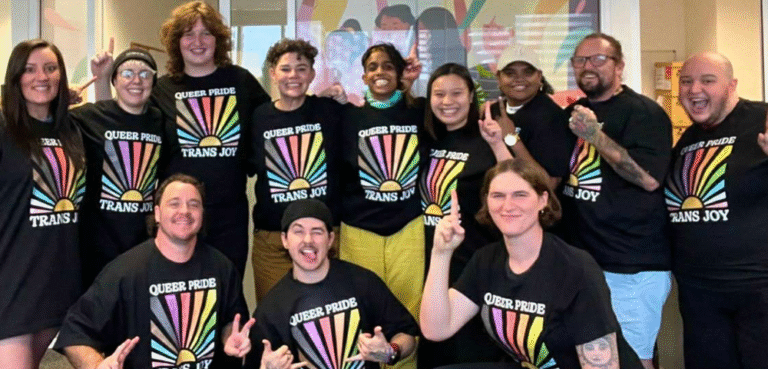
Queer Legal Services In Australia Are “Critically Underfunded”

Legal services for queer people are currently “critically underfunded”, according to the Brisbane-based LGBTI Legal Service.
A recently released report by Community Legal Centres Australia estimates that legal service centres across the country had to turn away over 350,000 people in the 2022-23 period, despite the fact that demand for the services increased by 89% from the year prior.
56.4% of respondents to the CLCA survey stated that a lack of funding was the biggest issue facing the legal aid sector, with staff recruitment (45.7%) and increased demand (44.7%) close behind.
LGBTQIA+ people are especially vulnerable to this underfunding, considering a distinct lack of services that are designed with queer people in mind.
The lack of services specifically for the queer community is a huge barrier for many seeking help, as there are only four legal services in all of Australia that specifically assist queer people.
LGBTI Legal Service has come together with Sydney’s Inner City Legal Centre, Melbourne’s Q+Law and the HIV/AIDS Legal Centre to call on the State and Federal Governments to allocate more funding to specialist legal help services nationwide.
LGBTI Legal Service, Brisbane

Founded in Brisbane in 2010, The LGBTI Legal Service is the only service in Queensland focusing on providing support to the queer community. Due to the severe lack of funding, the service is only able to employ one lawyer full-time for all of Queensland’s LGBTQIA+ people.
Director & Principal Solicitor of the LGBTI Legal Service Jo Sampford spoke to Star Observer about the challenges that they’re currently facing. “We’ve only got funding for one lawyer to provide that service across the state. We estimate that there are 150,000 queer Queenslanders across our big state, and without these resources we’re not able to respond appropriately.
“What we worry about is that if [queer people] can’t get safe, accessible help from a service like ours, we won’t get help. These things can pile up and slip through the cracks.”
Although many legal centres are experiencing these issues, the effects are felt heavily by the few services that specifically provide help to the queer community. Jo continues: “When we surveyed our community last year, we asked how important it was to have a culturally safe and inclusive space to access help.
“56% of queer people said they’d be less likely to access any legal help because they couldn’t access a specialist LGBTI service. We know that queer people experience higher levels of poverty and unemployment, and not having that early intervention and legal advice compounds those issues.”
Inner City Legal Centre, Sydney

Having been active in Sydney since 1980, a majority of the Inner City Legal Centre’s work in the four decades it’s been open has been with the queer community. Despite their legacy, Managing Principal Solicitor Katie Green says that not many people know that ICLC receives no dedicated funding whatsoever.
“LGBTQI legal services have not been prioritised under the funding model to legal assistance services,” Katie says. “We don’t receive the dedicated funding that our communities need in order for us to be able to provide service.
“We only have eight staff in Kings Cross, and we do not have the capacity or capability to get out there and reach vulnerable people in rural and regional New South Wales. People can’t even get through to us on the phone.”
Katie mentions some of the specific areas that ICLC assist with, such as workplace discrimination, employment, sex work and a trans legal service. However, with a roster of five solicitors across a wide variety of issues and topics, ICLC is unable to provide help to every member of the community who needs their help.
“The most heartbreaking thing for us is when clients come to our attention and really deserve special assistance, but everyone’s caseload is already full. I can see that everyone here is really tired. We’re wearing too many hats, with not enough people.”
What happens next for queer legal services?
The four services have called upon state governments to urgently inject $125 million into community legal services across the country.
In addition to this, they have asked for legal services to receive more dedicated funding in future budgets, as well as the inclusion of LGBTQIA+ people in the next round of National Legal Assistance Partnership funding.
Following talks with the City of Sydney Council at the LGBTQI Safety Summit in February, Katie is optimistic that ICLC may be set to receive some funding from the Council following healthy discussions at the Summit about increasing funding for queer legal centres.
In the meantime, Jo and Katie both suggest writing to local members of your government to encourage them to advocate for queer legal services to receive funding.
All four queer legal services rely hugely on donations from generous members of the public. To learn more about each service, find their websites below:
LGBTI Legal Service: https://lgbtilegalservice.org.au
Inner City Legal Centre: https://www.iclc.org.au
Q+Law by Fitzroy Legal Service: https://fls.org.au/how-we-can-help/qlaw/
HIV/AIDS Legal Centre: https://halc.org.au
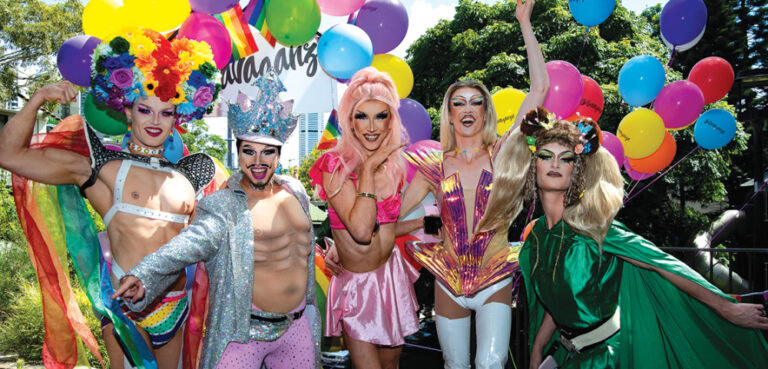
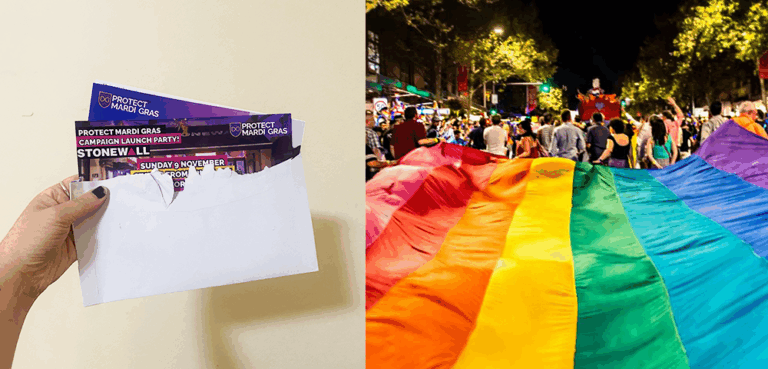
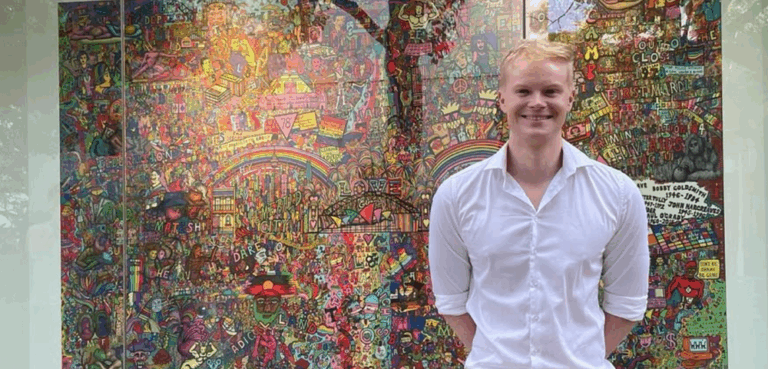
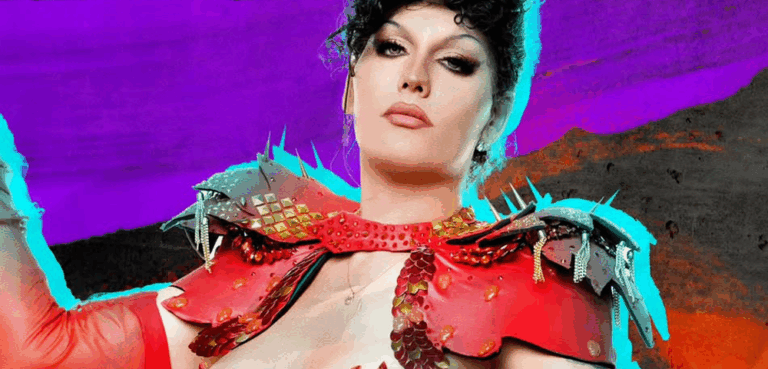
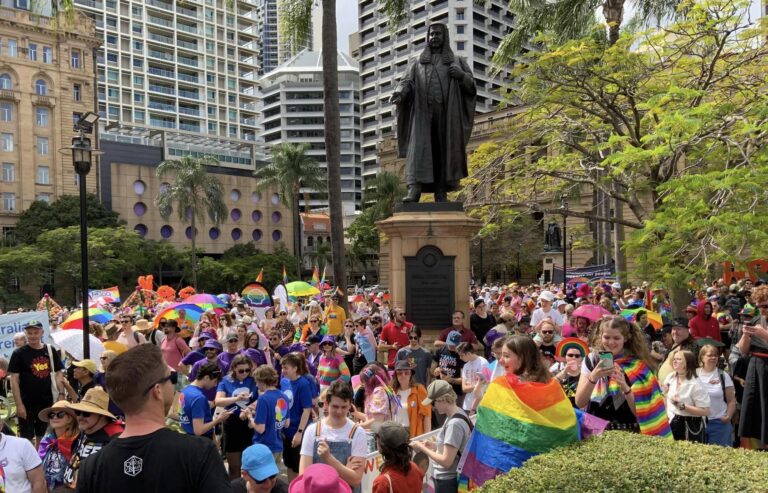
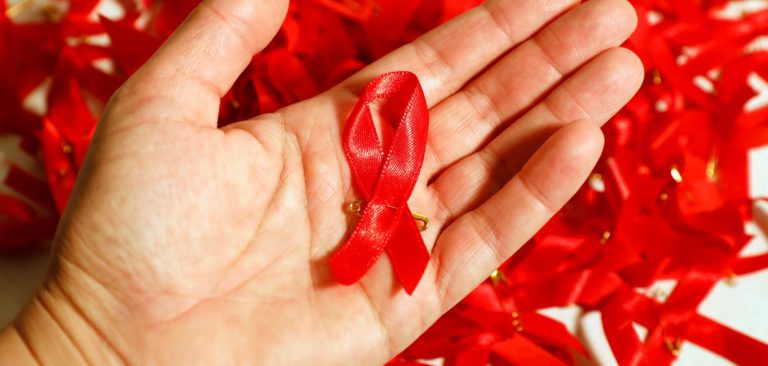
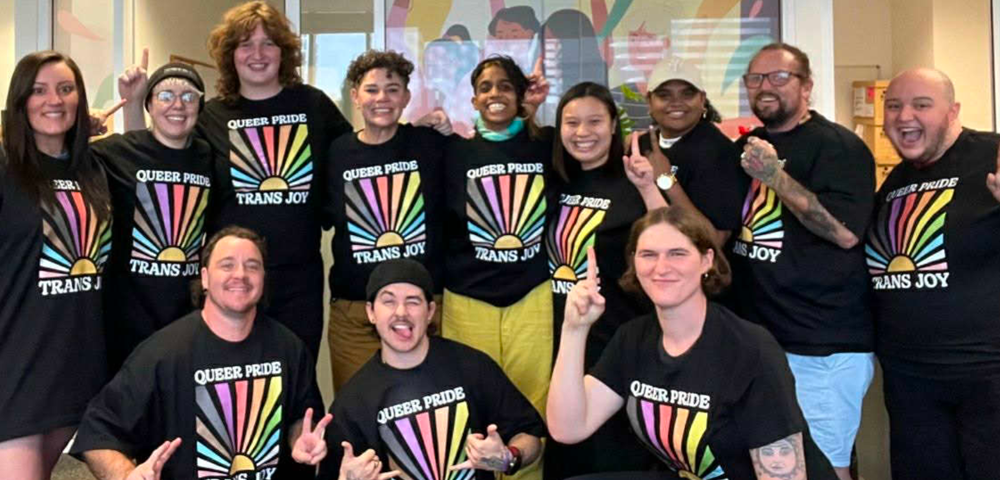
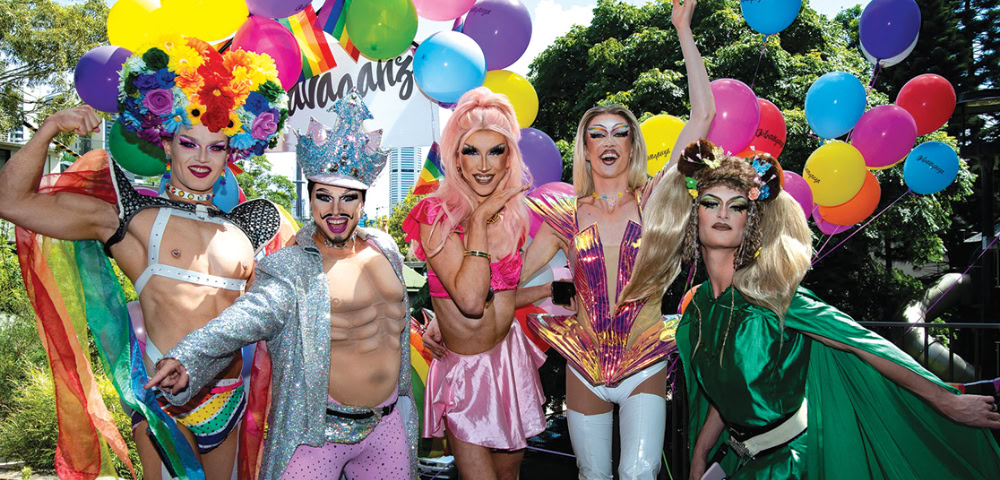

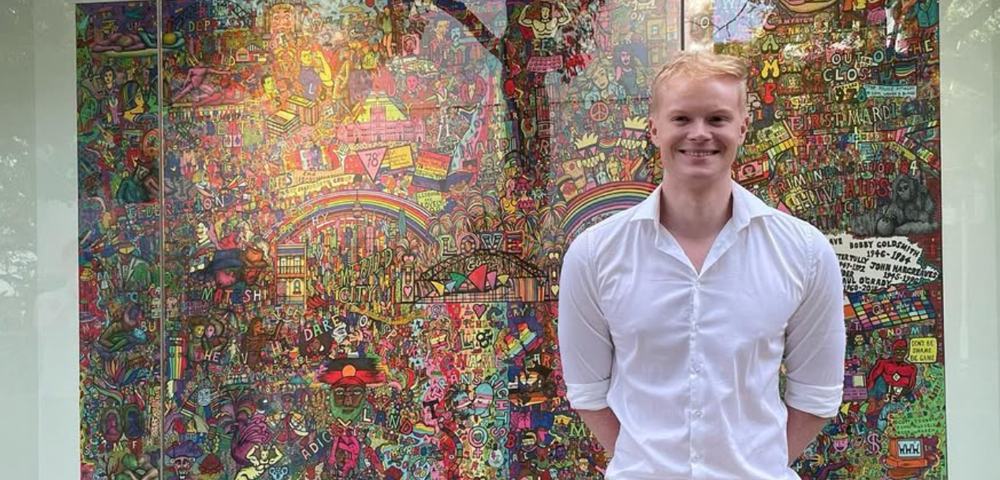
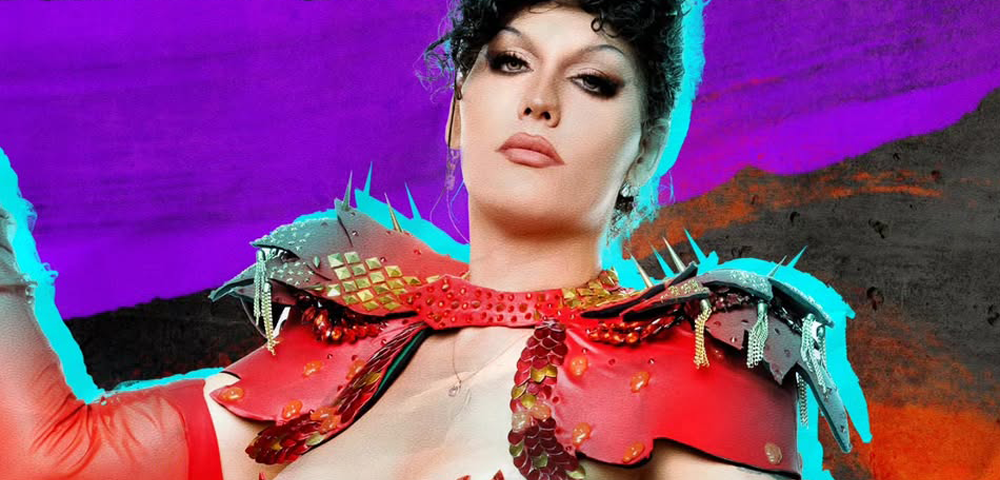
Stop using the word Queer we are gay men and lesbians. We are not queer we are not part of an alphabet we are same sex attracted adults